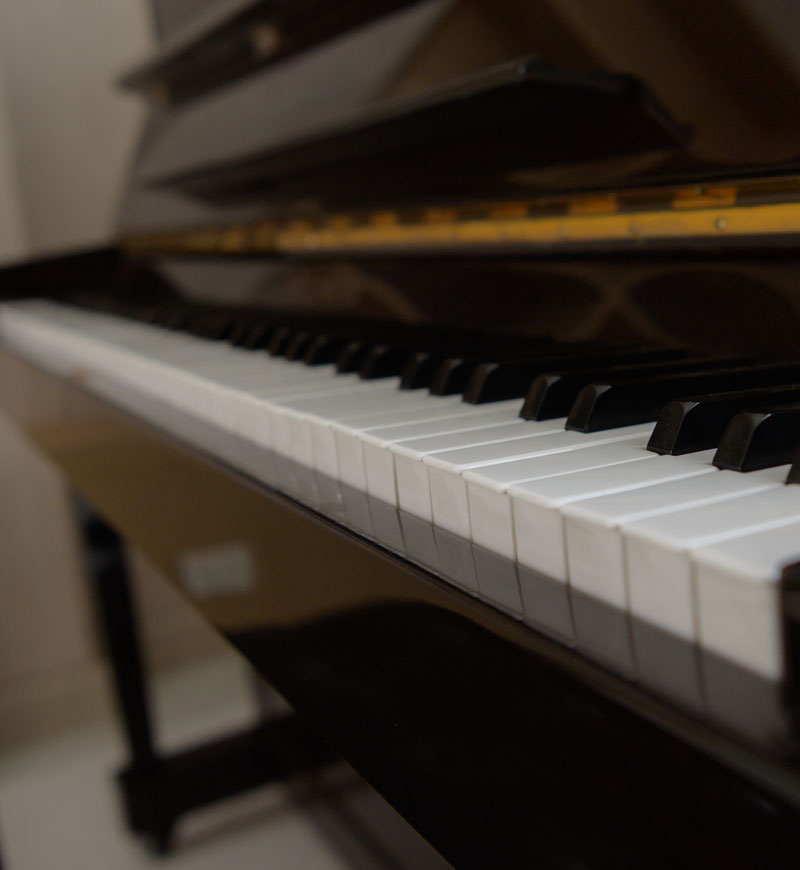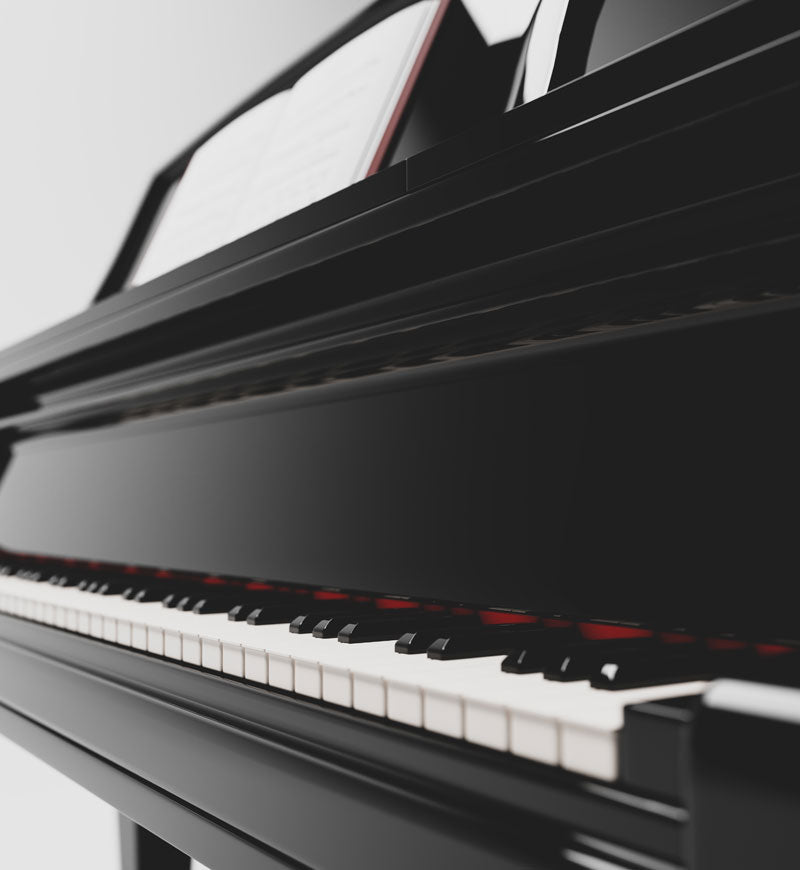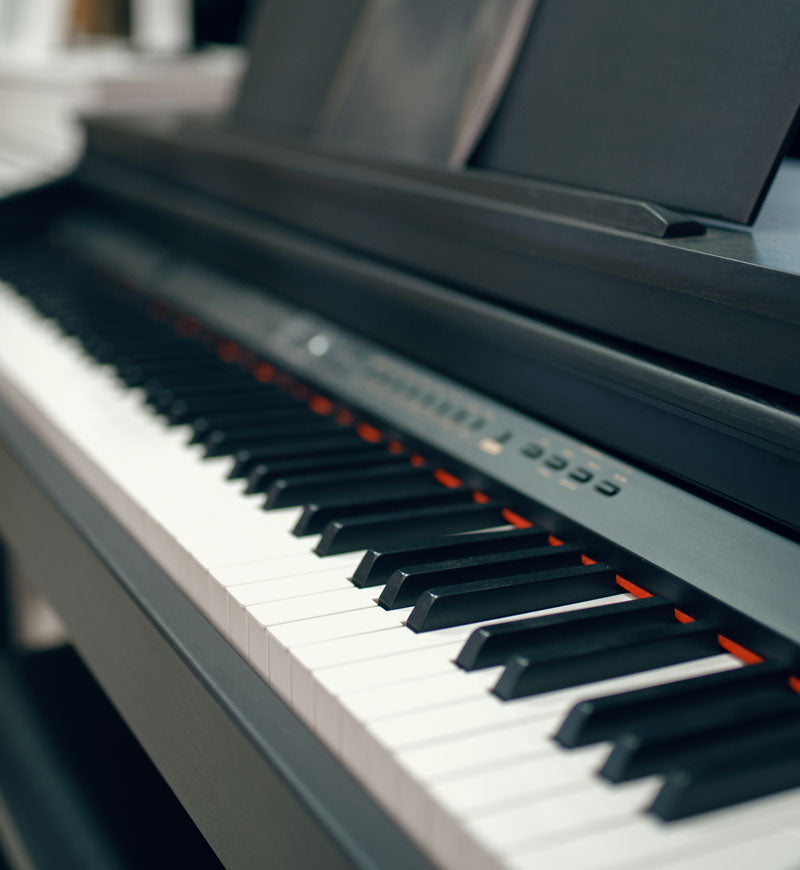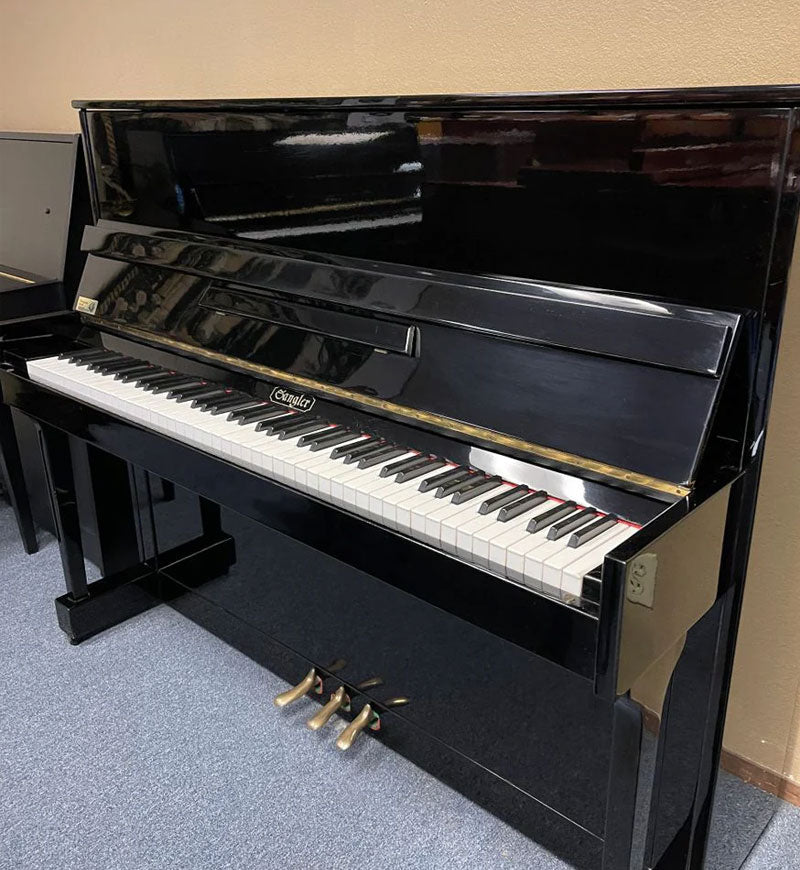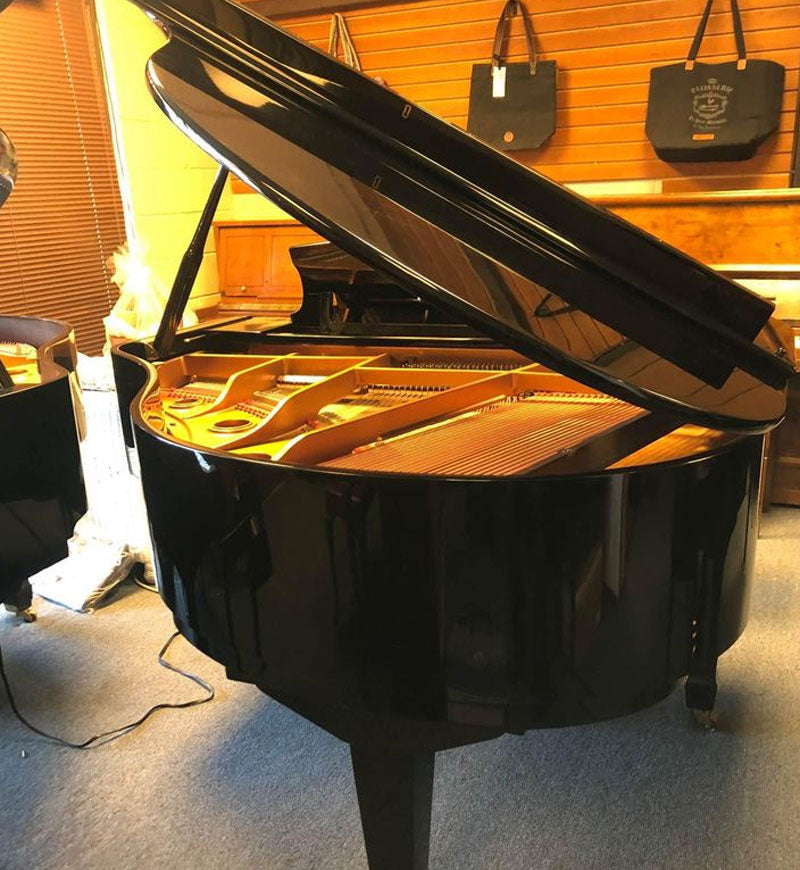Benefits of Learning Piano-Essential Skills You Will Master by Practicing the Piano

Did you know that when you're learning to play the piano you are actually improving several skills that will help you be more successful in other areas such as university or work? In fact, multiple studies link the study of music to increased success in other fields, as this article from the New York Times points out.
Here is a list of essential skills that you will master by practicing the piano:
1. Playing the piano sharpens your concentration
When you're playing the piano, you have to focus on the rhythm, pitch, tempo, note duration, and several other things. Even though you're doing something you actually enjoy, this is really a multi-level concentration exercise.
In fact, studies have shown that every time a musician picks up his or her instrument, there are fireworks going on in his or her brain. Playing a musical instrument is one of the few activities during which almost all brain areas are activated simultaneously.
2. Playing the piano teaches you perseverance
Learning new songs on the piano takes time and effort. Until you can actually play a song fluently by heart, you'll probably spend several weeks practicing it. As you look forward to being able to play the song, you stay motivated, learn patience, and increase your perseverance. These skills will always help you when you are confronted with difficult tasks at school or work.
3. Playing the piano teaches you discipline
Playing the piano can be quite challenging. However, practicing frequently and working hard will not only teach you perseverance but also discipline. Consider the parts of the song you will have to practice over and over again. There is one "magic key" to successfully playing the piano: practice, practice, practice.
4. Playing piano improves your time management skills
Many of us have quite busy schedules. Unfortunately, scientists haven't found a way to make one day last more than 24 hours yet. So to get all your activities and duties done, you need to organize them. When you get used to practicing regularly, you also learn how to use your time efficiently and how you can use a 20-minute time slot for a quick piano lesson.
5. Playing the piano improves your emotional intelligence
Playing the piano enhances your listening skills. These are also very important when you interact with other people. Emotions are not only expressed by facial expressions and body language, but also by the tone of voice, the speed of speech, and the melody of speech. People who play an instrument are better listeners, and studies have actually revealed that musicians are more perceptive in interpreting the emotions of others.
6. Playing the piano increases your memory capacity
Playing the piano stimulates your brain. While you learn and play songs, the stimulated areas of your brain become larger and therefore more active. The areas that are responsible for the storage of audio information, particularly, are more developed in musicians than in non-musicians.
So when you play the piano, your ability to memorize audio information increases. The chance of saying something like: "I'm sorry! Maybe you told me, but I really don't remember…" most likely will occur less often.
Isn't it amazing what playing the piano can do for you? If you've always been looking for an excuse to learn piano, you've got more than one.

